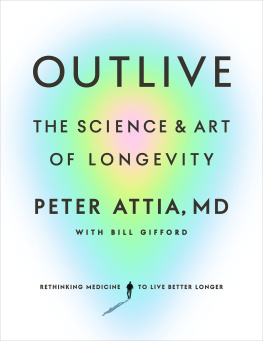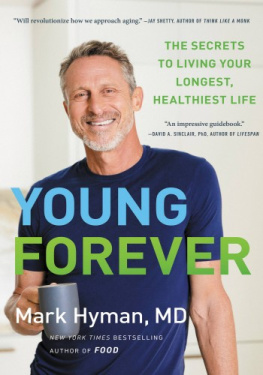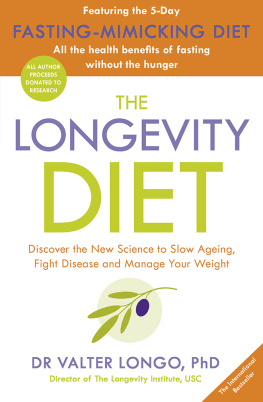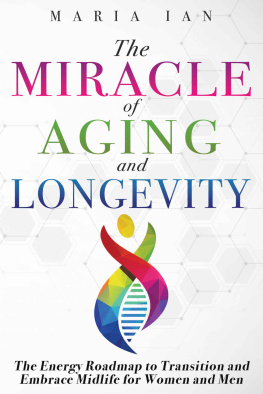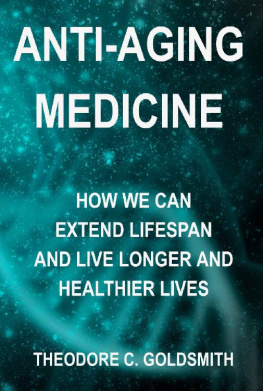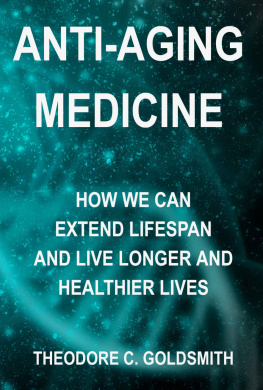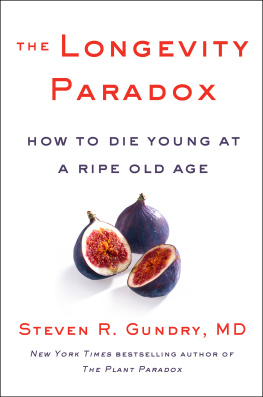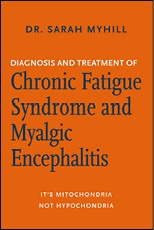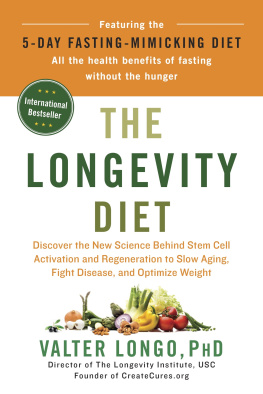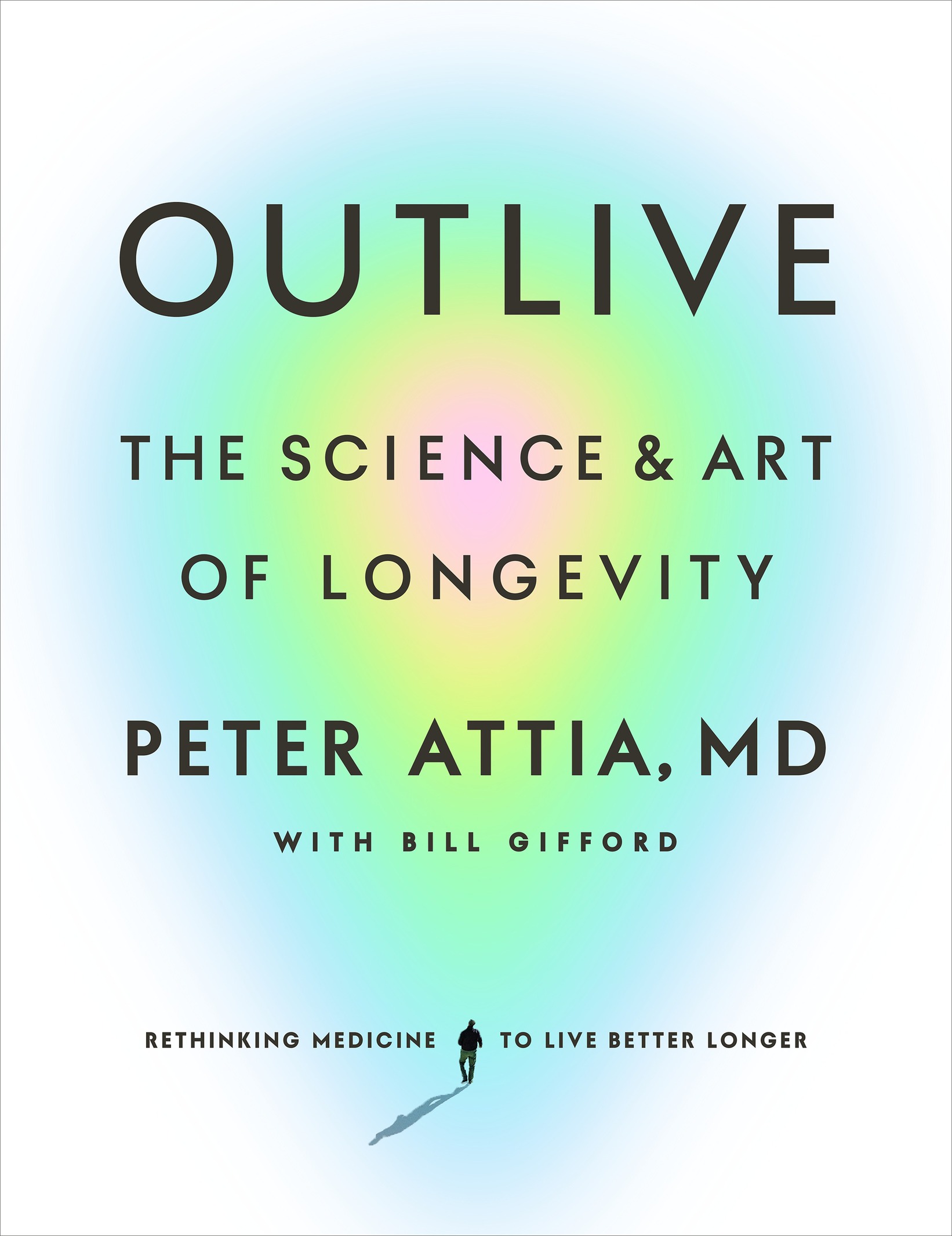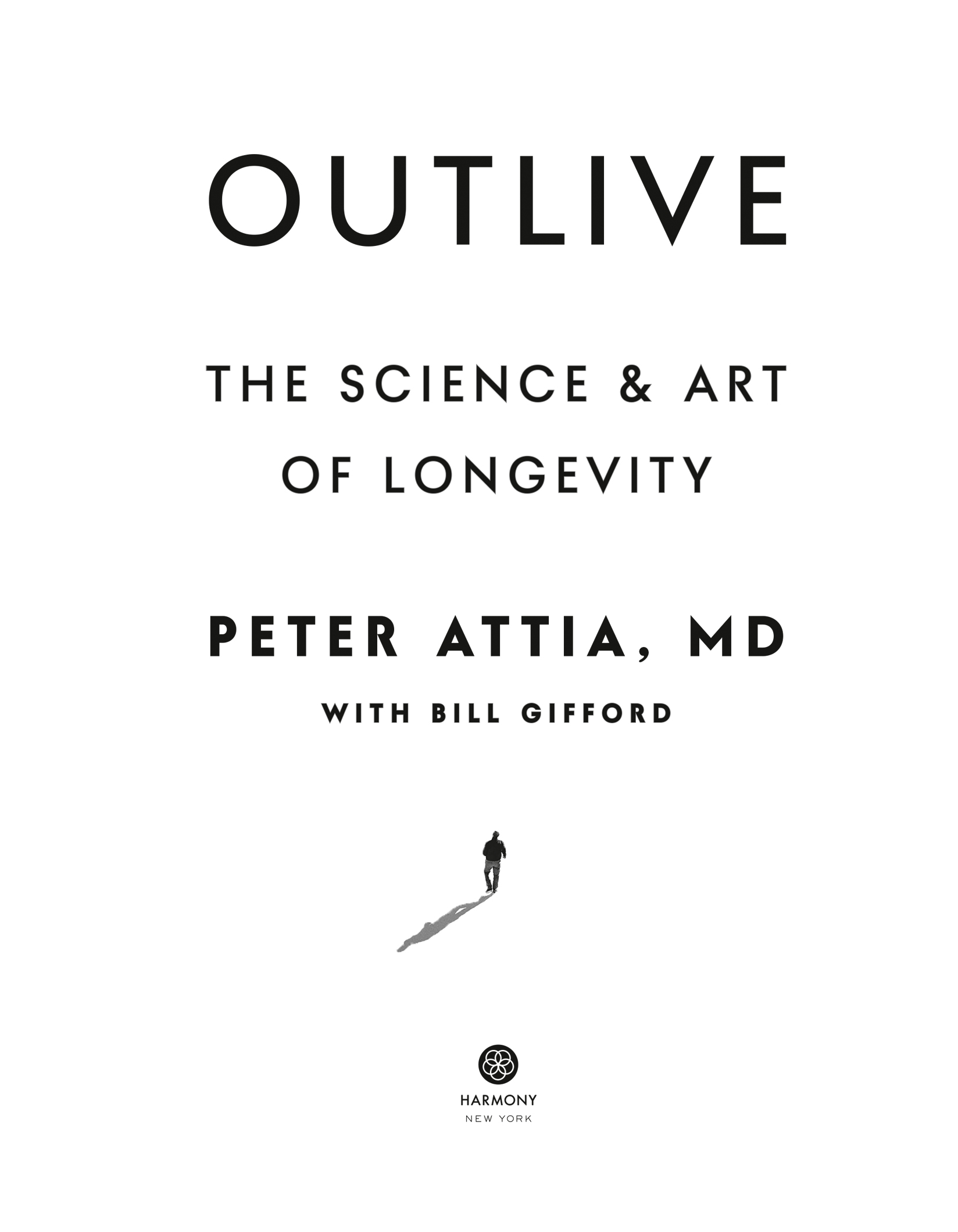Peter Attia MD - Outlive: The Science and Art of Longevity
Here you can read online Peter Attia MD - Outlive: The Science and Art of Longevity full text of the book (entire story) in english for free. Download pdf and epub, get meaning, cover and reviews about this ebook. year: 2023, publisher: Harmony, genre: Romance novel. Description of the work, (preface) as well as reviews are available. Best literature library LitArk.com created for fans of good reading and offers a wide selection of genres:
Romance novel
Science fiction
Adventure
Detective
Science
History
Home and family
Prose
Art
Politics
Computer
Non-fiction
Religion
Business
Children
Humor
Choose a favorite category and find really read worthwhile books. Enjoy immersion in the world of imagination, feel the emotions of the characters or learn something new for yourself, make an fascinating discovery.
- Book:Outlive: The Science and Art of Longevity
- Author:
- Publisher:Harmony
- Genre:
- Year:2023
- Rating:5 / 5
- Favourites:Add to favourites
- Your mark:
Outlive: The Science and Art of Longevity: summary, description and annotation
We offer to read an annotation, description, summary or preface (depends on what the author of the book "Outlive: The Science and Art of Longevity" wrote himself). If you haven't found the necessary information about the book — write in the comments, we will try to find it.
One of the most important books youll ever read.Steven D. Levitt, New York Times bestselling author of Freakonomics
Wouldnt you like to live longer? And better? In this operating manual for longevity, Dr. Peter Attia draws on the latest science to deliver innovative nutritional interventions, techniques for optimizing exercise and sleep, and tools for addressing emotional and mental health.
For all its successes, mainstream medicine has failed to make much progress against the diseases of aging that kill most people: heart disease, cancer, Alzheimers disease, and type 2 diabetes. Too often, it intervenes with treatments too late to help, prolonging lifespan at the expense of healthspan, or quality of life. Dr. Attia believes we must replace this outdated framework with a personalized, proactive strategy for longevity, one where we take action now, rather than waiting.
This is not biohacking, its science: a well-founded strategic and tactical approach to extending lifespan while also improving our physical, cognitive, and emotional health. Dr. Attias aim is less to tell you what to do and more to help you learn how to think about long-term health, in order to create the best plan for you as an individual. In Outlive, readers will discover:
Why the cholesterol test at your annual physical doesnt tell you enough about your actual risk of dying from a heart attack.
That you may already suffer from an extremely common yet underdiagnosed liver condition that could be a precursor to the chronic diseases of aging.
Why exercise is the most potent pro-longevity drugand how to begin training for the Centenarian Decathlon.
Why you should forget about diets, and focus instead on nutritional biochemistry, using technology and data to personalize your eating pattern.
Why striving for physical health and longevity, but ignoring emotional health, could be the ultimate curse of all.
Aging and longevity are far more malleable than we think; our fate is not set in stone. With the right roadmap, you can plot a different path for your life, one that lets you outlive your genes to make each decade better than the one before.
Peter Attia MD: author's other books
Who wrote Outlive: The Science and Art of Longevity? Find out the surname, the name of the author of the book and a list of all author's works by series.

